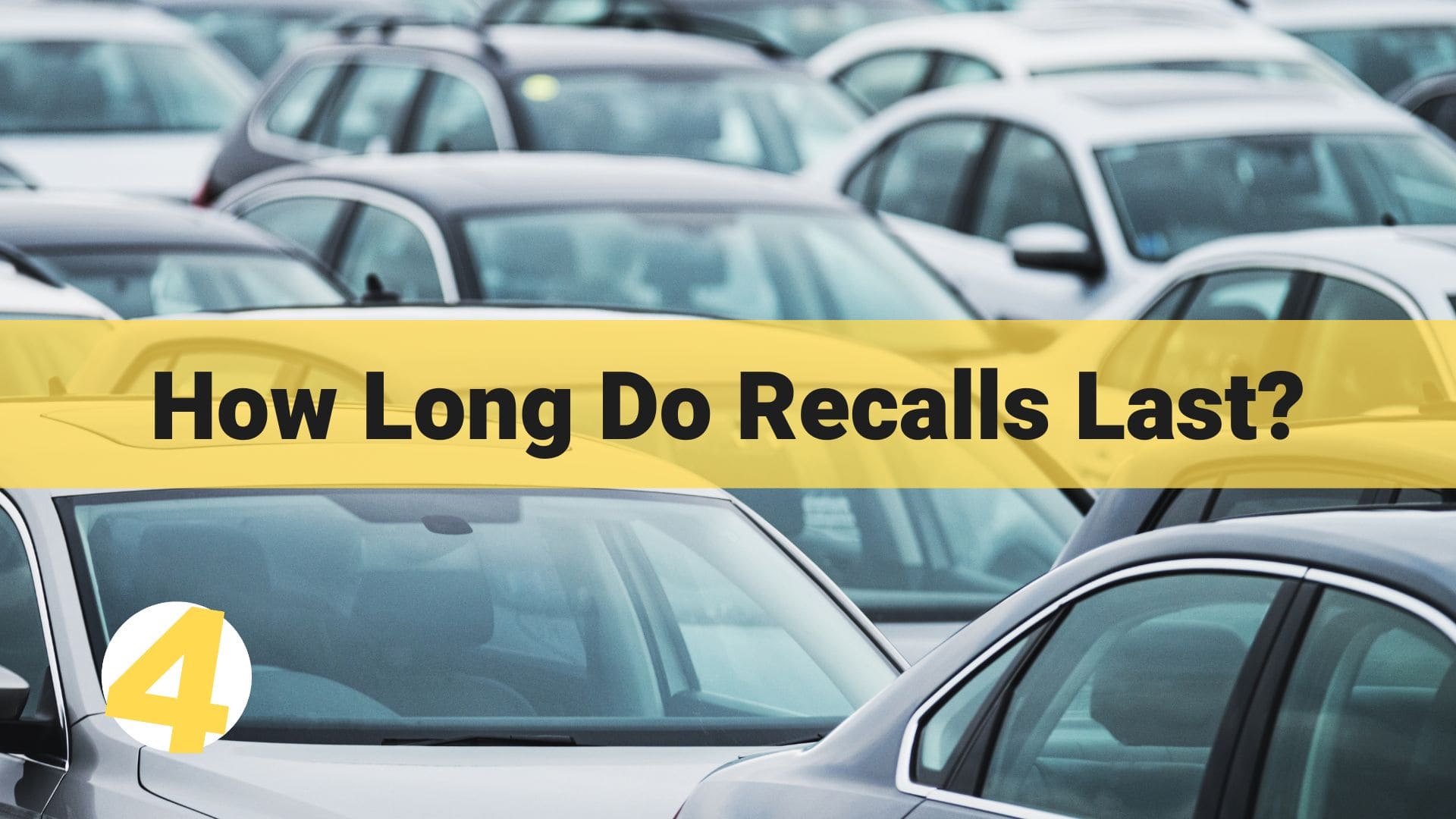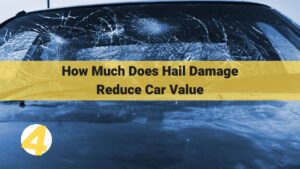The duration of a vehicle recall can take weeks to years, depending on the issue’s severity, the number of affected cars, and the availability of replacement parts. Serious problems impacting many vehicles or requiring scarce parts can prolong a recall.
Keep informed and responsive to ensure safety. For more insights on how long do recalls last, including their impact and management, read on.
Key Factors Influencing Recall Duration
How long a recall takes depends on how serious the issue is, how many cars are affected, and if the replacement parts are readily available. Recalls can be a hassle, but they’re all about safety. Keep your VIN handy and check for recalls regularly. If your car’s on the list, don’t wait. Get it fixed for your safety and others.
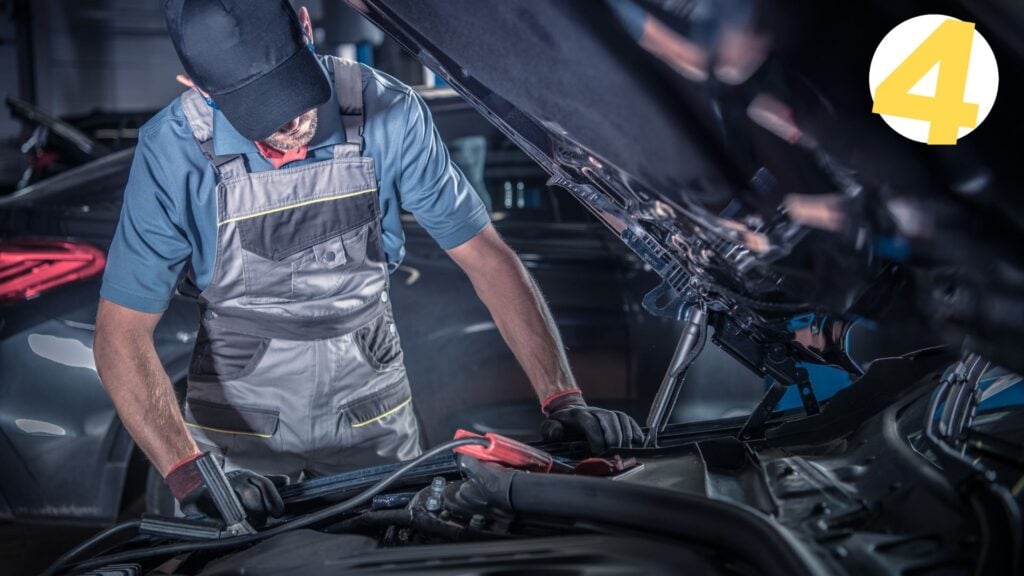
Factors Determining the Length of a Recall
Several factors can affect how long a recall lasts. These include the vehicle’s age at the time of recall, how consumers perceive the risk, whether the manufacturer can easily contact current owners, the vehicle’s price, the customer’s relationship with the manufacturer, and how simple it is for owners to get the problem fixed.
Recalls vary not just in how long they take but also in severity. There are three main types of recalls:
- Class I: This is the most serious, and it involves defects that could cause death or serious injury, like airbag or brake issues.
- Class II: These recalls are less severe but still pose safety risks, like fuel line or electrical system issues.
- Class III: These recalls are the least serious, typically not involving safety risks but affecting vehicle performance or reliability, such as problems with the radio or interior trim.
The severity of the recall can influence its duration. For example, General Motors (GM), ranking 6th for recall rate, had 90.1% of its recalls for serious issues. On the other hand, Volkswagen, with the highest recall rate, had a lower percentage (77.6%) of severe recalls. This shows that some manufacturers might issue recalls for a broader range of problems, affecting the overall duration.
Case Studies: Short-term vs. Long-term Recalls
Looking at specific cases helps to understand recall durations. Volvo, known for safety, significantly reduced its recall rate from 2002-2006 to 2012-2016. This indicates a more proactive approach to quality and safety in its newer models.
In contrast, automakers like BMW, Chrysler, GMC, Honda, Mazda, Mitsubishi, and Toyota saw increases in recall rates, partly due to major issues like the Takata airbag and GMC ignition switch recalls. These large-scale problems can lead to longer recall durations due to the complexity and number of vehicles involved.
Interestingly, Tesla showed the highest timeliness in addressing recalls, with 100% of their recalls occurring within the first three years of production. GM also demonstrated good recall timeliness despite the significant ignition switch recall in 2014. In contrast, Mazda had lower timeliness, partly due to major recalls affecting older models.
Impact of Recalls on Consumer Trust and Industry Standards
Trust is a big deal. When a recall happens, it can shake your confidence in a brand. That’s why recalls are taken so seriously. They’re not just about fixing a part; they’re about rebuilding trust. On the flip side, recalls push the industry to do better. Higher standards and better quality control mean safer cars for everyone.
This isn’t just about fixing cars; it’s about learning from mistakes and building trust with you, the driver. The industry has had to take a hard look at how it does things. What’s come out of this? Better safety standards and more rigorous testing. It’s all about making sure that the car you drive is as safe as it can be. These lessons help manufacturers catch problems before they hit the road.
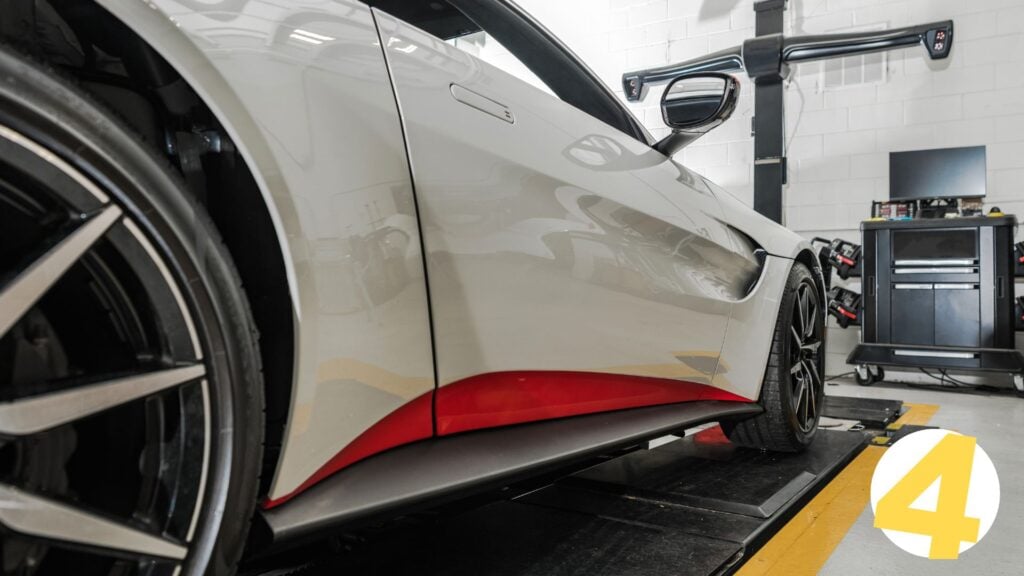
Vehicle Recalls: An Overview
Vehicle recalls are more common than you might think. A recall means there’s something not quite right with a vehicle, and the manufacturer needs to fix it. When a car doesn’t meet safety standards, it’s the manufacturer’s job to make it right. They’ll fix it at no cost to you. That’s important because it means you’re not driving around in something that could be dangerous.
How does a recall happen? First, the manufacturer figures out there’s a problem. They’re required to tell you about it and fix it. They’ve got three choices:
- Repair the faulty part
- Replace your vehicle
- Refund you the cost of the car (minus depreciation)
Either way, it shouldn’t cost you anything. The key is to stay informed and respond if your vehicle is affected.
Government Regulations Governing Vehicle Recalls
When it comes to vehicle recalls, there are laws and regulations in place. These ensure that both manufacturers and vehicle owners know their rights and responsibilities.
Vehicle recalls in the U.S. are governed by safety standards set by the National Highway Traffic Safety Administration (NHTSA). If a vehicle fails to meet these standards due to a defect, a recall is issued. This can be initiated by the manufacturer or compelled by the NHTSA. It’s not always about the vehicle being unsafe; sometimes, it’s about specific issues experienced by several owners.
When your vehicle is recalled, you have certain rights and responsibilities. The manufacturer must notify you and provide a remedy, usually free of charge. You have the right to get the defect fixed without cost and within a reasonable timeframe. But it’s also your responsibility to respond to the recall and get the repairs done to ensure safety and compliance.
On the other hand, manufacturers must notify the NHTSA, conduct the recall, and provide a remedy, often involving repair, replacement, or refund. The manufacturer’s duty is to reach out to all vehicle owners and offer a free remedy.
Interestingly, manufacturers are only required to provide a free remedy for cars not more than 15 years old from the original sale date. Repairs for older vehicles fall at the owner’s expense, but it still depends on the manufacturer.
Preventative Measures and Future Outlook
Today’s cars are complex, with a mix of digital features and software that can lead to quality issues. The industry is tackling this challenge by reducing product and process variability while addressing software and electronics problems.
As cars become more complex, particularly with new features and components for autonomous driving, quality and safety requirements are rising. The industry is shifting towards a zero-defect mindset, a necessary step for a future with fewer recalls.
Additionally, manufacturers use advanced analytics to identify quality issues quickly and address them via over-the-air (OTA) updates, improving quality gates in product development and strengthening partnerships with suppliers.
The Role of Regular Maintenance in Avoiding Recalls
Regular maintenance is vital for vehicle longevity and safety. Regular servicing, including engine tune-ups, oil changes, and tire alignments, can detect potential problems early. This early detection can prevent serious issues, which reduces the risk of recalls.
Regular upkeep not only maintains the vehicle’s performance but also its resale value and legal compliance. Neglecting maintenance can lead to accidents and legal consequences, reinforcing the importance of routine check-ups and repairs.
Future Trends in Vehicle Safety and Recall Processes
Several key trends shape the future of vehicle safety. The demand for electric vehicles (EVs) is growing, with federal programs encouraging their adoption and setting new safety standards.
Automated vehicle (AV) technology is another area of focus, with mandatory incident reporting for ADS and ADAS. OTA updates are becoming essential for EVs and AVs, which allow manufacturers to update critical functions wirelessly.
Interestingly, while the number of recall events has increased, the total number of affected units has decreased, indicating more targeted and efficient recalls. Visibility-related recalls are on the rise, which emphasizes the need for reliable electronic systems as vehicles rely more on electronic “eyes” for safety.
FAQs – How Long Do Recalls Last
What Are the Risks of Recalls?
Recalls can significantly impact automakers. They are costly, often resulting in negative media attention and harm to the brand’s reputation. The financial burden can be immense, with the costs of recalling and replacing defective products running into millions or even billions of dollars.
There can also be legal consequences, such as lawsuits from affected consumers, further draining resources and damaging reputation. In some cases, recalls are tied to injuries or even deaths, severely impacting the market performance of the automaker.
Brand reputation plays a crucial role in how damaging a recall can be. For example, a leading auto manufacturer faced a $1.3 billion settlement in 2010 related to unintended acceleration, which was particularly damaging due to their prior reputation for quality and safety.
How Can Recalls Be Avoided?
Recalls are often difficult to manage due to various challenges. These include recognizing early warning signs, which can be subtle and not immediately apparent as indicators of larger issues.
The complex process of automotive recalls involves numerous parties, including suppliers, manufacturers, dealers, outreach agencies, regulatory bodies, and car owners. The process remains largely manual, often managed using spreadsheets, leading to communication challenges across these ecosystems.
Furthermore, reaching car owners with recall notices is difficult, as many people change their addresses frequently and may ignore recall notices. As a result, a significant number of vehicles on the road have been recalled but are not fixed. This highlights the importance of automakers recognizing early warning signs and improving communication and coordination in the recall process.
How Do You Identify a Recall?
To identify if a vehicle is subject to a recall, the primary tool is the Vehicle Identification Number (VIN). Every vehicle has a unique VIN, which can be used to check if the vehicle needs to be repaired as part of a recall. The NHTSA provides a platform where VINs can be entered to find out about any unrepaired vehicle affected by a safety recall in the past 15 years.
This includes recalls from major auto automakers, motorcycle manufacturers, and some medium/heavy truck manufacturers. However, there may be a delay in updating very recently announced safety recalls, and VINs are added continuously, so regular checks are recommended. It’s also important to note that safety recalls more than 15 years old may not be covered unless the manufacturer offers more coverage.
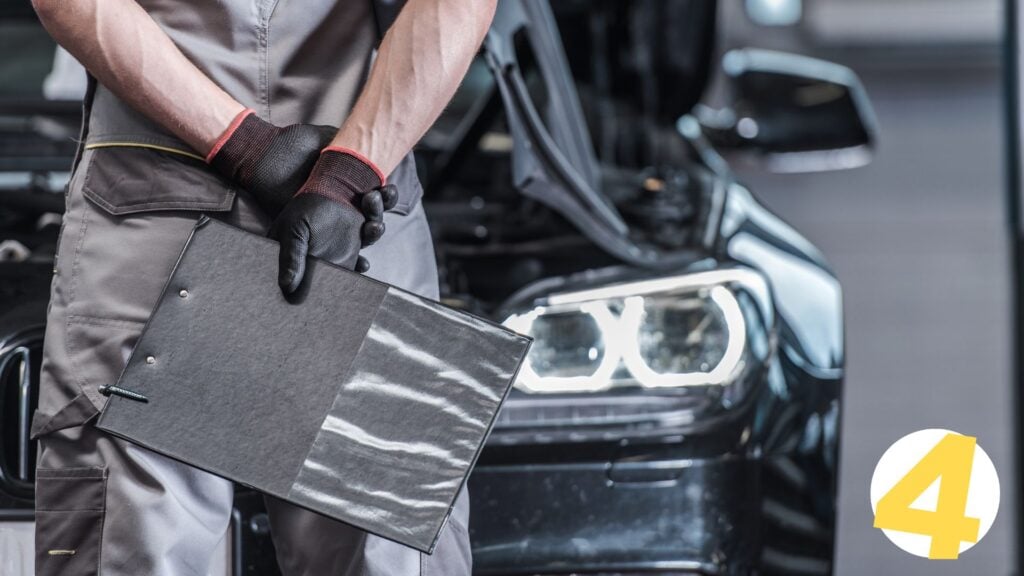
Cash4Cars: Your Go-To Car Selling Solution in Philadelphia
Recalls are only among the problems you may encounter as a vehicle owner. If you have accumulated several vehicles over time, remember that they will eventually become unusable due to defects and irreparable damage. So what do you do when your once precious car becomes an obvious junk, which occupies a good space in your yard?
In Philadelphia, Cash4Cars offers convenience for those looking to sell their junk cars. Emphasizing a no-hassle approach, we specialize in purchasing all types of vehicles, irrespective of their condition, make, or model. Our commitment to providing a streamlined service includes complimentary pickup, eliminating the hassle of transportation for our clients.
We pride ourselves on offering competitive prices for even the most worn or non-functional cars, coupled with outstanding customer service. Our team prioritizes efficiency and convenience, ensuring a swift and satisfying selling experience right at your doorstep. Choose Cash4Cars for a trustworthy and effortless way to convert your old vehicle into cash. Call us now for a free, no-obligation quote.

